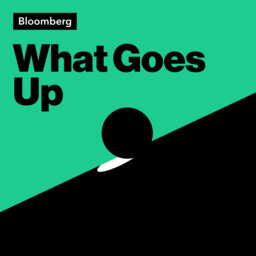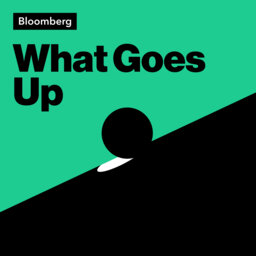Time to Sell Weakness?
Wells Fargo’s head of equity strategy Chris Harvey joined the “What Goes Up” podcast to discuss why he’s predicting a 10% market correction by the summer and share his thoughts on the volatility that followed this week’s Federal Reserve meeting minutes.
 What Goes Up
What Goes Up


